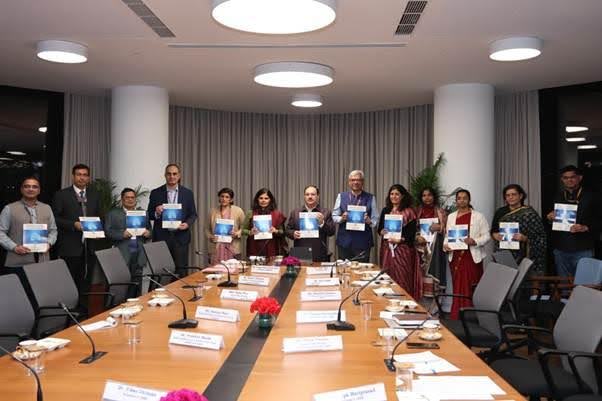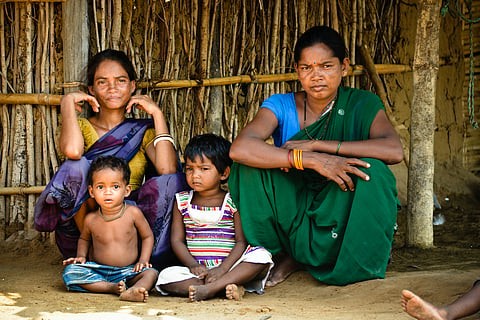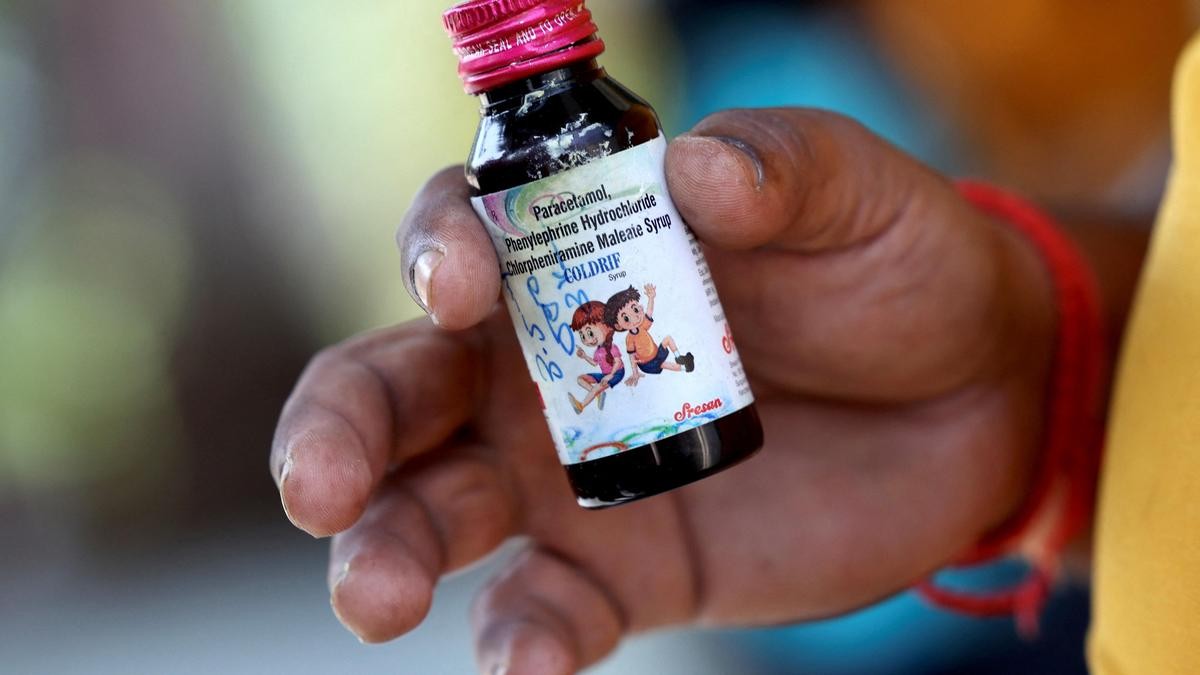



.png)
.png)
Copyright infringement not intended
Picture Courtesy: swachhindia.ndtv.com
Context: The Union Health Ministry has said that India faces a low threat from the avian influenza virus (H9N2) that has infected some humans and caused respiratory illness in children in northern China.
Key Highlights
Conclusion
Must Read Articles:
Avian Influenza Viruses: https://www.iasgyan.in/daily-current-affairs/avian-influenza-viruses
Bird Flu: https://www.iasgyan.in/daily-current-affairs/bird-flu-30
Mycoplasma Pneumoniae: https://www.iasgyan.in/daily-current-affairs/mycoplasma-pneumoniae
|
PRACTICE QUESTION Case Study: A poultry farm in a rural area experienced a sudden onset of illness among their birds. The farm primarily raised chickens for egg production. Over a few days, several birds exhibited symptoms such as respiratory distress, decreased egg production, and sudden death. The farm owner contacted local veterinary authorities suspecting an outbreak of avian influenza. Q. What measures are commonly recommended to control the spread of avian influenza in poultry farms? A) Vaccination of birds B) Strict biosecurity measures C) Quarantine of infected birds D) All of the above Answer: D Explanation: Combining vaccination to boost immunity, maintaining strict biosecurity to prevent virus entry, and promptly quarantining infected birds are integral to effectively managing and controlling avian influenza within poultry farms. These measures collectively reduce the likelihood of transmission, lower the severity of outbreaks, and safeguard both bird health and the poultry industry as a whole. |







© 2026 iasgyan. All right reserved